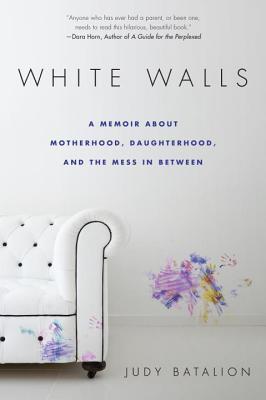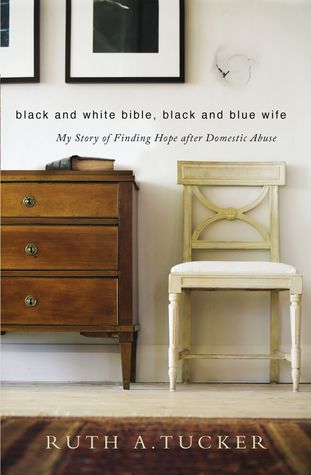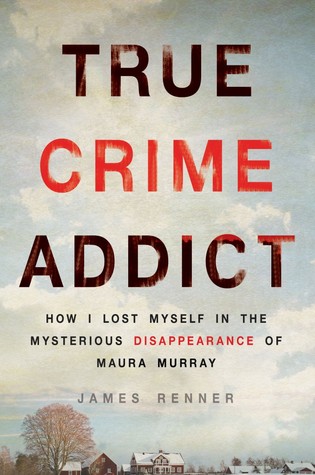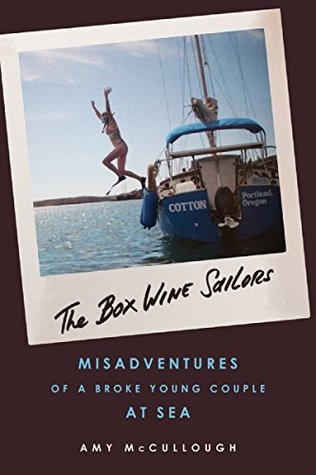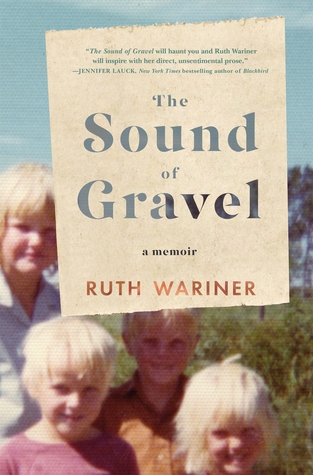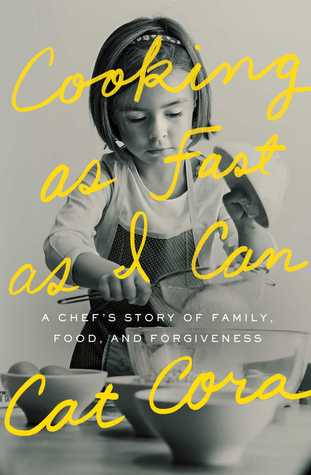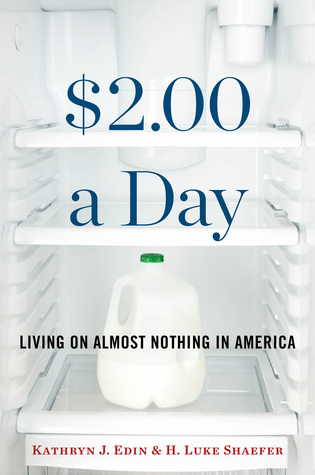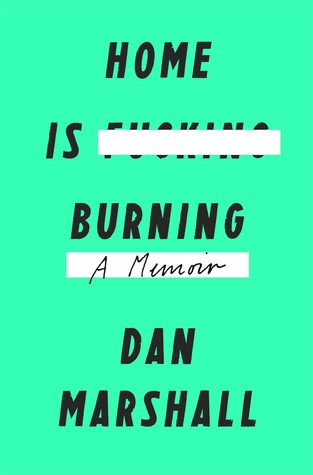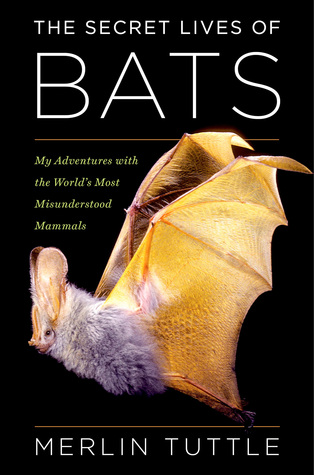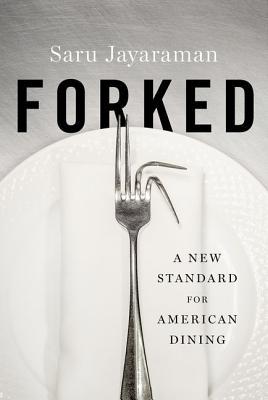When I went on vacation at the beginning of September I read my first fiction book in over 3 months. So, now I'm back to alternating between fiction and non-fiction. Here is what I read in September:
White Walls: a memoir about motherhood, daughterhood, and the mess in between by Judy Batalion
Judy Batalion grew up in a house that her mother filled with her hoarded "deals." As soon as she could she escaped from the hoarding and clutter, even meeting and marrying a man who's mother was a hoarder too. But, when she gets pregnant she freaks out about how to raise this child when she didn't really have a childhood of her own. She's also seen her grandmother and her mother spiral into mental illness and hoarding and doesn't want to follow in those footsteps. I was interested in the hoarding aspect of this book, but a large chunk of it is more about the author's failed relationships and her struggle into adulthood. That kind of bogged down the book for me and wasn't as interesting. Overall, it was OK, but not one I would recommend.
Black and White Bible, Black and Blue Wife: my story of finding hope after domestic abuse by Ruth A. Tucker
Ruth Tucker married a man she was foolishly in love with, but she quickly saw who he really was when he started becoming violent with her. There were PLENTY of red flags before they got married that she overlooked and plenty more in their 20 years of marriage - he was fired from almost every job he ever had for things like stealing and plagarism. And to top it off her husband was a pastor. Tucker was educated and worked as a college professor, so why didn't she leave? Her main answer was that she was legitimately afraid he would kill her if she did. But, she eventually did along with her then-thirteen-year-old son. As she looks back at her own story she combines it with an exploration of what the Bible has to say about marriage and domestic violence and how all too often abusers use the Biblical theology of male "headship" to justify pretty much anything. The worst parts of this book were quotes from male pastors to abused wives telling them to continue to submit to their abusive husband instead of helping them pack up and leave. Tucker proves that it is possible to rise above supposedly Biblically supported abuse and move on - over 17 years after she leaves her abusive husband, she remarries a wonderful man to whom she is still happily married.
This isn't a new topic, but Tucker's book is incredibly well-written and articulate. She is not only an expert in theology, but also in surviving an abusive marriage. Her personal story only reinforces her points in the book. Overall, a fantastic book about an unfortunately always timely topic.
Some quotes I really liked:
"We sometimes read right past these words from Paul's letter to the Ephesians: 'Husbands, love your wives, just as Christ loved the church and gave himself up for her.' Really? The standard is impossible. Christ gave himself up for the church by submitting to crucifixion. The husband's role is obviously to be read metaphorically. No husband is expected to die on a cross for his wife. Still, the benchmark is very high." (p. 18)
"When I think of a husband laying aside his glory for his wife, Robertson McQuilkin immediately comes to mind...most people know him as having served for more than two decades as the president of Columbia International University in Columbia, South Carolina. Much to the chagrin of the university's board of trustees, he quit at the height of his career to become a full-time homemaker. His wife, Muriel, had been diagnosed with Alzheimer's disease in 1981. By 1990, her condition had deteriorated to the point that she was becoming agitated and fearful unless he was with her. He had not promised 'till death do us part' to the university. To Muriel, however, he had. So he laid aside his glory as a university president to become a caretaker for Muriel." (p. 18)
"Very early in my first marriage, the Ephesians 5 passage was frequently used against me, always in a one-sided manner. That my ex-husband failed to love me as Christ loved the church was no applicable. That I was not submitting to him was the overriding issue. Anyone familiar with this passage knows it begins in verse 21: 'Submit to one another out of reverence for Christ.' The next phrase, 'wives, to your own husbands,' has no verb in the original Greek. It is a verse that cannot be read without the topic sentence of mutual submission. Moreover, the entire passage places a far heavier burden of love and submission on the husband than it does on the wife, as I have written elsewhere:
It is safe to say that in the ancient world, Paul's admonition to women did not amount to shocking news. That a wife should submit to her husband was obvious. That was part of the very fabric of society and culture. But that husband and wife were to 'be subject to one another' had to be rather startling. And that the husband was to 'love his wife as Christ loved the church.' was certainly a standard far beyond what was expected of husbands in the ancient world. If anyone squirmed in the pew of the first-century church, it surely must have been the husband, not the wife." (p. 46-7)
[Some of the red flags Tucker learned about her now ex-husband before they married]
"I had already learned form my fiance that he had been expelled from Wheaton College for cheating and for breaking into a faculty office in search of exam answers. Two years later, he had been forced to leave Miami Christian College for behavior he did not clearly explain. And he was arrested as a peeping Tom near his parents' home on Long Island. All this, he told me, had been cured through counseling." (p. 38)
To the Bright Edge of the World by Eowyn Ivey
I loved The Snow Child, so I couldn't wait to read this one and saved it to take on vacation. While it's very different fromThe Snow Child, there are some similar elements and I really liked it.
Allen Forrester has the opportunity of a lifetime to lead a small group of men up the Wolverine River and into uncharted Alaskan territory. While this is the adventure of a lifetime he will be leaving behind his newly pregnant wife Sophie. Sophie is not thrilled about living in army barracks for up to a year with little to no word from her husband - not knowing if he will come back to her. Told exclusively in letters and diary entries from both Allen and Sophie, their stories even though hundreds of miles apart continue to intersect through strange coincidences or magic - however you choose to see it. While Allen is away Sophie delves into the new art and science of photography to fill her time. This new hobby will completely change her life in unseen ways. Meanwhile at times Allen's group struggles to survive in the harsh Alaskan wilderness and much of what they experience can't be explained rationally or scientifically. Like Ivey did inThe Snow Child, there is a fine line between reality and magic that is often blurred and many events could be seen either way. While this book does start slow, it holds your attention and you can't wait to see if Allen and his men will survive their journey and make it back to Sophie. And as someone who is childfree, I like that in both her books the main characters don't have children. In the late 1800's when this book takes place that would have been a devastating circumstance, but only because of it is Sophie able to do all she does at the end of the book. While in both this book andThe Snow Child, being childless is not their choice, the author shows that in both cases the characters have fulfilling lives and marriages. I highly enjoyed this one!
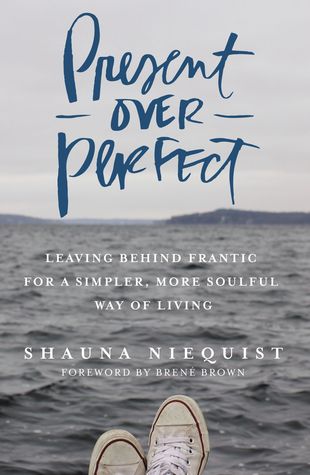
Present Over Perfect: leaving behind frantic for a simpler, more soulful way of living by Shauna Niequist
Shauna Niequist has become one of my absolute favorite authors! Her observations are just spot on all the time. InPresent Over Perfect she takes on the issue of trying to have a "perfect" life from the outside, when really that drive for more and more can destroy you from the inside out. The book is full of her personal experiences taking on too much and always trying to do and be more to everyone, while she and her family suffered. Only after her health started to really suffer and she mentioned it in passing to her mentor did she really start to reevaluate her life and slow down. It took Niequist 3 years to work through this process, but because of her honestly and willingness to open up about her own struggles we can learn from her and not have to completely burn out before making changes. While I don't personally relate to her need to please people (I'm definitely NOT a pleaser personality), I can relate to how hard it can be to go against the cultural flow that tells you you need to be doing more better all the time. This is a great book and I would highly recommend it to anyone!
Some quotes I really liked:
"Years ago, a wise friend told me that no one ever changes until the pain level gets high enough. That seems entirely true. The inciting incident for life change is almost always heartbreak - something becomes broken beyond repair, too heavy to carry; in the words of the recovery movement, unmanageable." (p. 24)
"My friend Geri taught me something about prayer many years ago, and the image stayed with me...She told me that when you begin to pray...picture a bottle of oil-and-vinegar salad dressing...the vinegar, probably red wine vinegar, rests on top of the olive oil, softly red, flecked with oregano. The green-yellow oil is at the bottom of the bottle, rich and flavorful. Geri said that when you pray, pour out the vinegar first - the acid, whatever's troubling you, whatever hurt you, whatever is harsh and jangling on your nerves or spirit...Pour out all the vinegar until it's gone. Then what you find underneath is the oil, glistening and thick...[God] wants me to bring the vinegar so that I can taste the oil. He has all the time in the world to sit with me and sift through my fears and feelings and failings. That's what prayer is. That's what love is." (p. 74-6)
"He said, 'When I go to your church, it's like a breath of fresh air from what I grew up with.' 'Exactly,' I said, 'and this is a breath of fresh air from what we grew up with.' I told him it was like we all grow up with half a pie, and part of being an adult person of faith is finding the rest of your pie." (p. 81)
"Sometimes being brave is being quiet. Being brave is getting off the drug of performance. For me, being brave is trusting that whatever God is asking of me, what my family and our community is asking from me, is totally different than what our culture says I should do. Sometimes, brave looks boring, and that's totally, absolutely, okay." (p. 126)
"Present over perfect living is real over image, connecting over comparing, meaning over mania, depth over artifice." (p. 130)
"It seems to me like most of us were taught that jealousy is bad, and so when we feel it, we should push it away from ourselves as quickly as possible, get rid of it fast. But I'm learning that envy can be an extremely useful tool to demonstrate our desires, especially the ones we haven't yet allowed ourselves to feel, and so I committed to learning from my jealousy toward her." (p. 149)
First Comes Love by Emily Giffin
Emily Giffin has always been one of my favorite authors and while this book is good, it wasn't one that I just couldn't put down like some of her previous books. The story centers around sisters Josie and Meredith, who couldn't be more different, but when their brother was killed in a car accident their differences in how they grieved pushed them even further apart. Now coming up on the 15 year anniversary of Daniel's death, new revelations about that night threaten to tear them even further apart. Each sister is also dealing with disappointments in their personal lives - Josie is still single and longs to be a mother, while Meredith seemingly "has it all," but is deeply dissatisfied with her marriage and career. Can these two sisters finally come together to get past their brother's death or will their relationship be fractured forever? Giffin does a great job with the sister relationship and each character is likable in their own way, but I did think there were a few aspects of the book that seemed a little forced and I felt like the ending was kind of predictable and unrealistic. I did like the book, but I didn't love it.
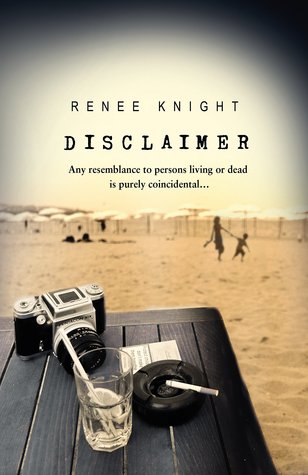
Disclaimer by Renee Knight
Ugh. This book was TERRIBLE. It was billed as this fast-paced thriller, but it was anything but fast-paced. What was supposed to keep you hanging barely gave you enough story to keep your interest going. I won't even summarize the basic storyline because it was such a stupid story and the "real" story was so violent and terrible that I wish I hadn't finished it. Don't waste your time with this one.
True Crime Addict: how I lost myself in the mysterious disappearance of Maura Murray by James Renner
I was drawn to this book because I love the TV showDisappeared and had seen the episode about Maura Murray's disappearance. But, the show almost always leaves out a lot of the story and that is where Renner comes in with this book. It's not just about Maura's disappearance, but more about how and why Renner chose to dig into her story. His first crush was Amy Mihaljevic, who went missing in his area when he was 11. That started his obsession with true crime - and also gave him PTSD. But that doesn't stop him from diving headlong into Maura's case. While he doesn't solve her disappearance, he does shed light on new facts and evidence, but those things only seem to deepen the mystery. The book is a mix of Maura's case and also Renner's own back story. When you find out about some things that happened to him and his family in the past it definitely explains his fascination with true crime and wanting to solve old cases. Overall, it was an interesting book especially if you like TV shows like Disappeared.


